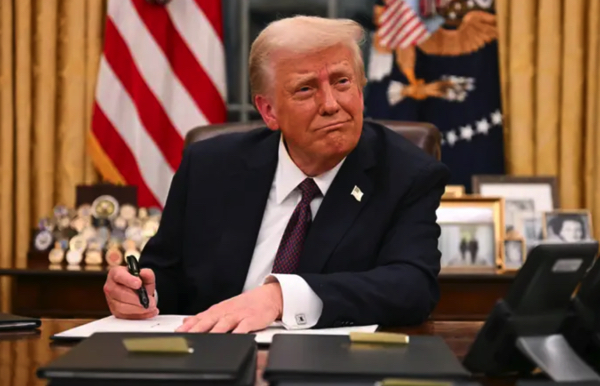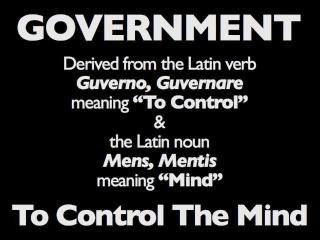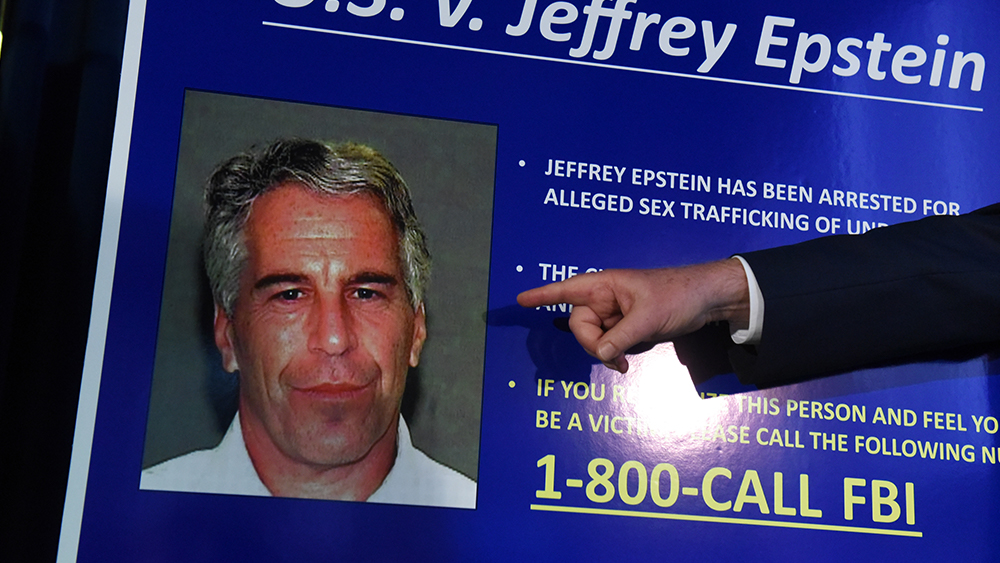 Parler
Parler Gab
Gab
- The United States has announced its intention to withdraw from UNESCO by Dec. 31, 2026, citing concerns over the organization's alleged anti-Israel bias and the inclusion of Palestine as a member state.
- The U.S. has a history of contentious relations with UNESCO, including previous withdrawals in 1983 and 2017. The 1983 withdrawal was due to perceived anti-Western bias, while the 2017 withdrawal was in response to UNESCO recognizing Palestinian heritage sites. The U.S. rejoined in 2023 under former President Joe Biden, partly to counter Chinese influence.
- Washington accuses UNESCO of harboring a pro-Palestine and pro-China bias. They are particularly concerned about Beijing's growing influence within the organization and its impact on global standards. The U.S. also alleges that UNESCO's focus on diversity and inclusion conflicts with its "America First" policy.
- UNESCO Director-General Audrey Azoulay rejects the allegations of bias, highlighting the organization's efforts in Holocaust education and combating antisemitism. She expresses regret over the U.S. decision, emphasizing its potential impact on global cooperation and partnerships with American communities.
- The U.S. withdrawal has practical implications for UNESCO, which relies on U.S. funding and collaboration for various global initiatives, including education, cultural preservation and conflict zone support. Despite the withdrawal, UNESCO remains committed to its mission and will seek to maintain partnerships with American entities in the private sector, academia and non-profit organizations.
UNESCO responds, rejects allegations of bias
Unsurprisingly, UNESCO's Director-General Audrey Azoulay rejected the allegations of bias. She argued that the claims "contradict the reality of UNESCO's efforts, particularly in the field of Holocaust education and the fight against antisemitism." Azoulay highlighted UNESCO's work in Holocaust education, which has been commended by organizations such as the United States Holocaust Memorial Museum, the World Jewish Congress and the American Jewish Committee. Azoulay also expressed deep regret over the U.S. decision, stating that it "contradicts the fundamental principles of multilateralism" and could affect partnerships with American communities seeking UNESCO recognition for cultural and educational initiatives. The U.S. withdrawal from UNESCO is not just a political statement; it has practical implications. The organization has been instrumental in various global initiatives, including the reconstruction of Mosul's old city, the development of the first global standard-setting instrument on the ethics of artificial intelligence and major programs to support culture and education in conflict zones like Ukraine, Lebanon and Yemen. But despite the U.S. withdrawal, UNESCO remains committed to its mission. The organization will continue its work, albeit with reduced resources, and will seek to maintain partnerships with American entities in the private sector, academia and non-profit organizations. The U.S. decision to withdraw from UNESCO is a complex issue rooted in longstanding tensions and allegations of bias. While the U.S. cites concerns over anti-Israel rhetoric and Chinese influence, UNESCO maintains that its work is impartial and vital to global cooperation. Watch the full video below of "Brighteon Broadcast News" with the Health Ranger Mike Adams about Israel preparing for the next wave of attacks on Iran. This video is from the Health Ranger Report channel on Brighteon.com.More related stories:
U.K. to ban Palestine Action as terror group after RAF break-in. Health Ranger Report: The HIDDEN AGENDAS behind the Israel-Palestine conflict. French NGOs file complaints against pro-Israel groups for complicity in Gaza genocide. Sources include: MiddleEastEye.net State.gov NYPost.com UNESCO.org Brighteon.comTrump slaps India with 25% tariffs over Russia ties, sparking trade war fears
By Zoey Sky // Share
“End of Slavery Summit” on BrightU: Inside the underground movement to end all forms of slavery
By Jacob Thomas // Share
U.K. to recognize Palestinian state in September unless Israel acts to end Gaza crisis
By Laura Harris // Share
How the Epstein saga exposed a system built on silence
By News Editors // Share
Trump gives Big Pharma 60 days to cut drug prices or face government crackdown
By Cassie B. // Share
Denis Alipov: U.S. “planting a time bomb” with tariffs on India
By Ramon Tomey // Share
Governments continue to obscure COVID-19 vaccine data amid rising concerns over excess deaths
By patricklewis // Share
Tech giant Microsoft backs EXTINCTION with its support of carbon capture programs
By ramontomeydw // Share
Germany to resume arms exports to Israel despite repeated ceasefire violations
By isabelle // Share









